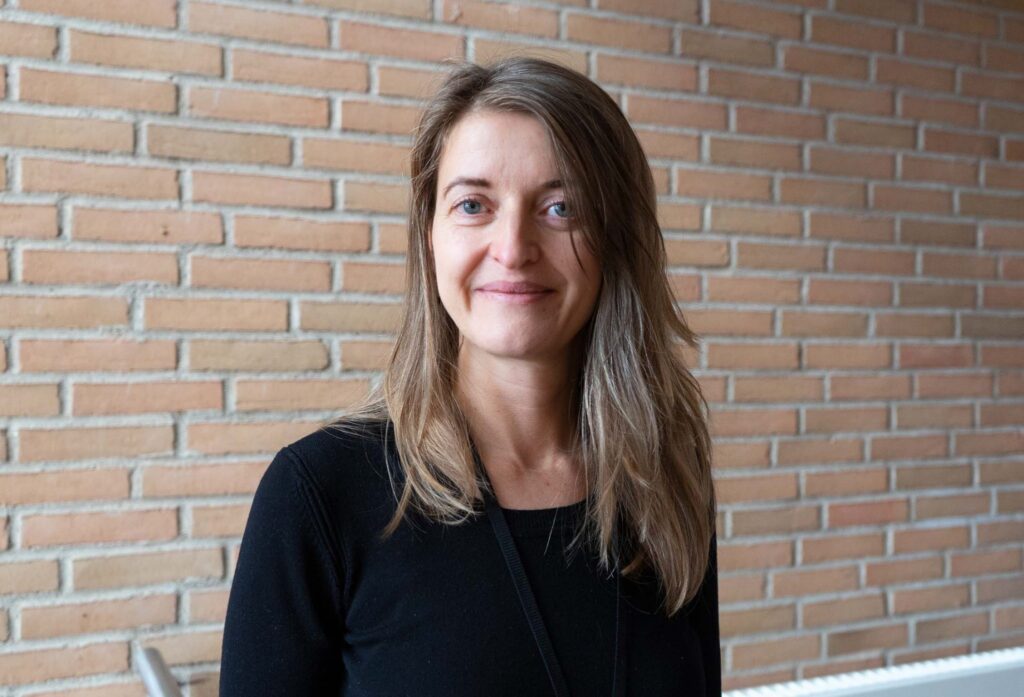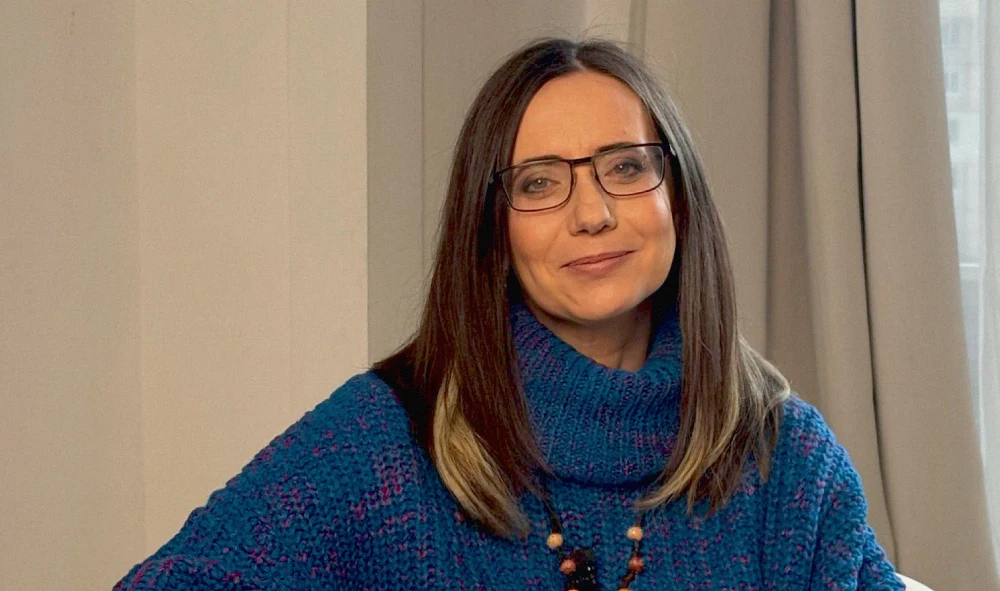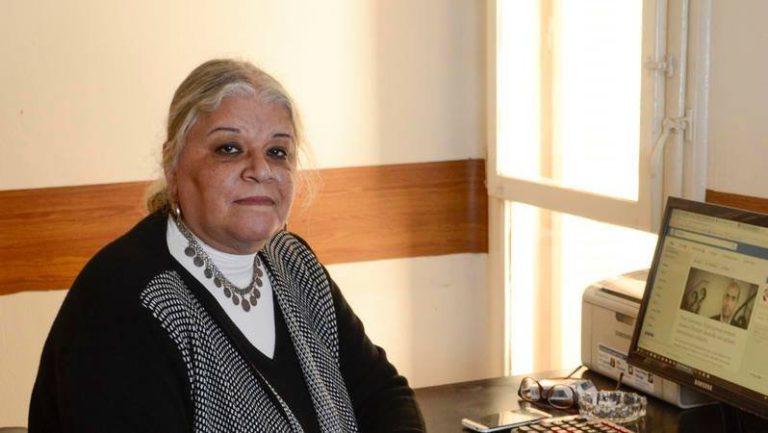A Kenyan court’s recognition of the government’s responsibility for brutal violence was a small step in the right direction, says US-educated lawyer Eva Nudd, who now works for DIGNITY
Sometimes it takes time before justice is done.
Eva Nudd, a newly recruited legal adviser at DIGNITY’s main office in Copenhagen, has a story to tell about that.
The Slovak-born, US-educated human rights lawyer spent the last seven years with human rights litigation and advocacy in Kenya, Uganda, and several other African countries.
One important case, on which she worked for years as a consultant with Open Society Justice Initiative concerned six women and two men, who were all subjected to sexual and gender-based violence during the unrest following the Kenyan national elections in December 2007. Hundreds of Kenyans were killed, hundreds of thousands forcefully expelled from their homes, and at least 900 people were raped and sexually assaulted, as a result of a disputed outcome of the presidential election.
The eight victims came from different parts of the country. The men had been forcibly circumcised, and the women were raped or otherwise severely sexually abused both by the government security services and non-state actors.
Seven years
It took seven years for the case to get through the first instance of the Kenyan court system. In December 2020 the court finally ruled that the Kenyan government was responsible for the sexual assault in four of the eight cases.
Eva Nudd views the trial of the eight victims of the 2007 election violence as a success, among other things due to the fact that it is the only lawsuit after the election violence that resulted in an, at least partial, recognition of the Kenyan government’s responsibility for the abuse.
»The question was whether we could establish that the government was liable. The government did not want to accept the responsibility arguing they did not know violence would erupt and that non-state actors were behind the assaults. But in four of the eight cases the government’s liability was recognised by the court«, explains Eva Nudd. She sees the outcome as »a small step in the right direction«.
The verdict should, in principle, give the victims a compensation from the government and access to psycho-social and medical services. But right now, the case is under appeal.
A team of ten lawyers
In Kenya, Eva Nudd worked in a small team consisting of about ten lawyers, most of whom were Kenyans. Her role in the legal team was to advise on Kenya’s human rights obligations under international law and how to apply them to the concrete trial.
Eva Nudd expects that her main field of work in DIGNITY will be Africa. Right now, she is part of the exploration of opening a DIGNITY country office in Sub-Saharan Africa. And she is starting up a project that focuses on prison overcrowding in ten countries worldwide, including Africa.
She acknowledges that it takes a certain amount of cultural sensitivity to travel to the Global South as a white person with a European or North American background and give advice on how to understand and apply human rights:
»One reason why my advice was mostly well-received in Kenya was that I lived in the country for years and had spent time learning about the country and the culture«, says Eva Nudd, who well understands the critique directed at Western NGOs that parachute experts into the Global South when think they know it all before even leaving the airport.
»It is incredibly important to learn to navigate the waters. To arrive with an open mind instead of thinking you know everything. Dialogue is important«, she says.





